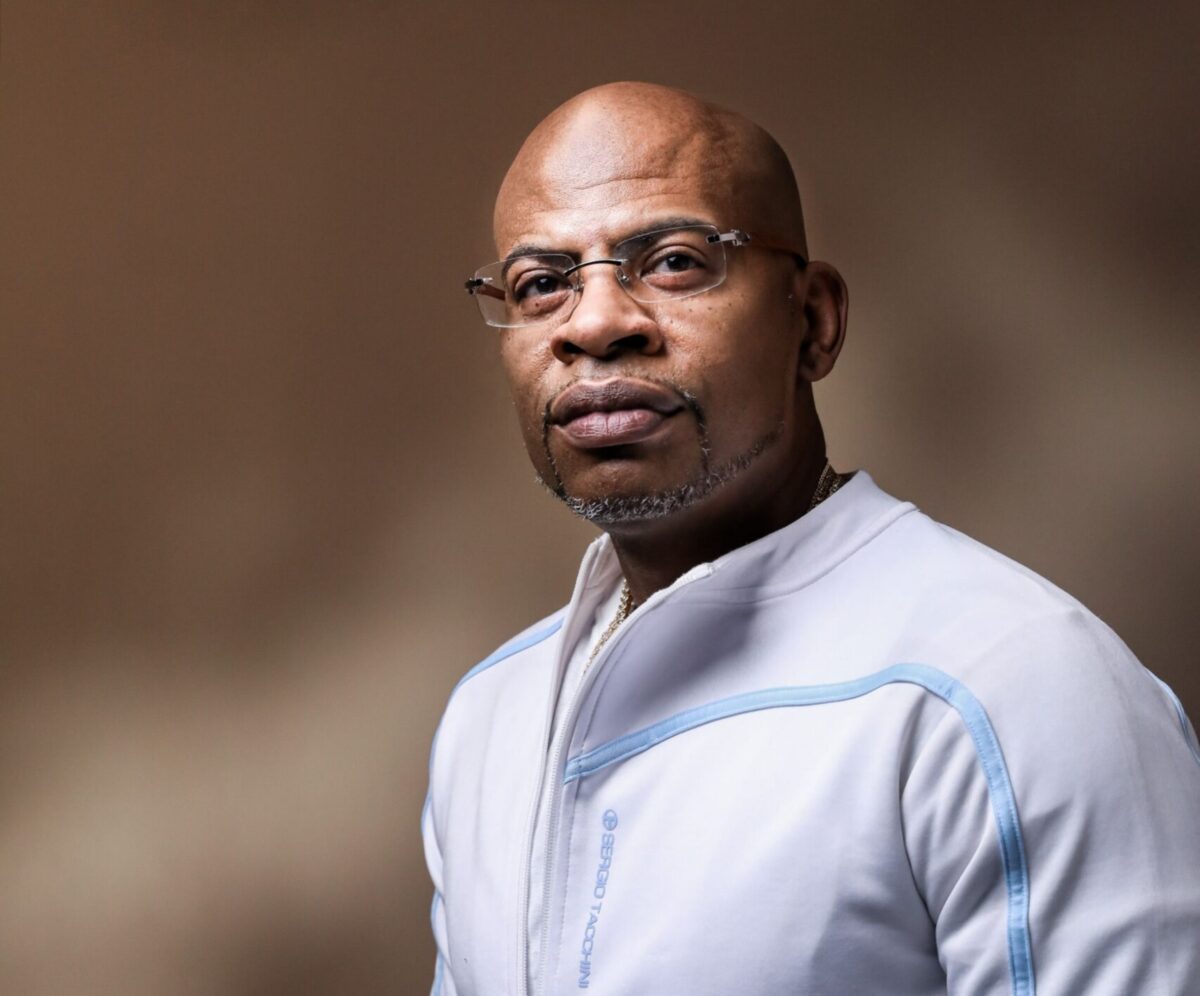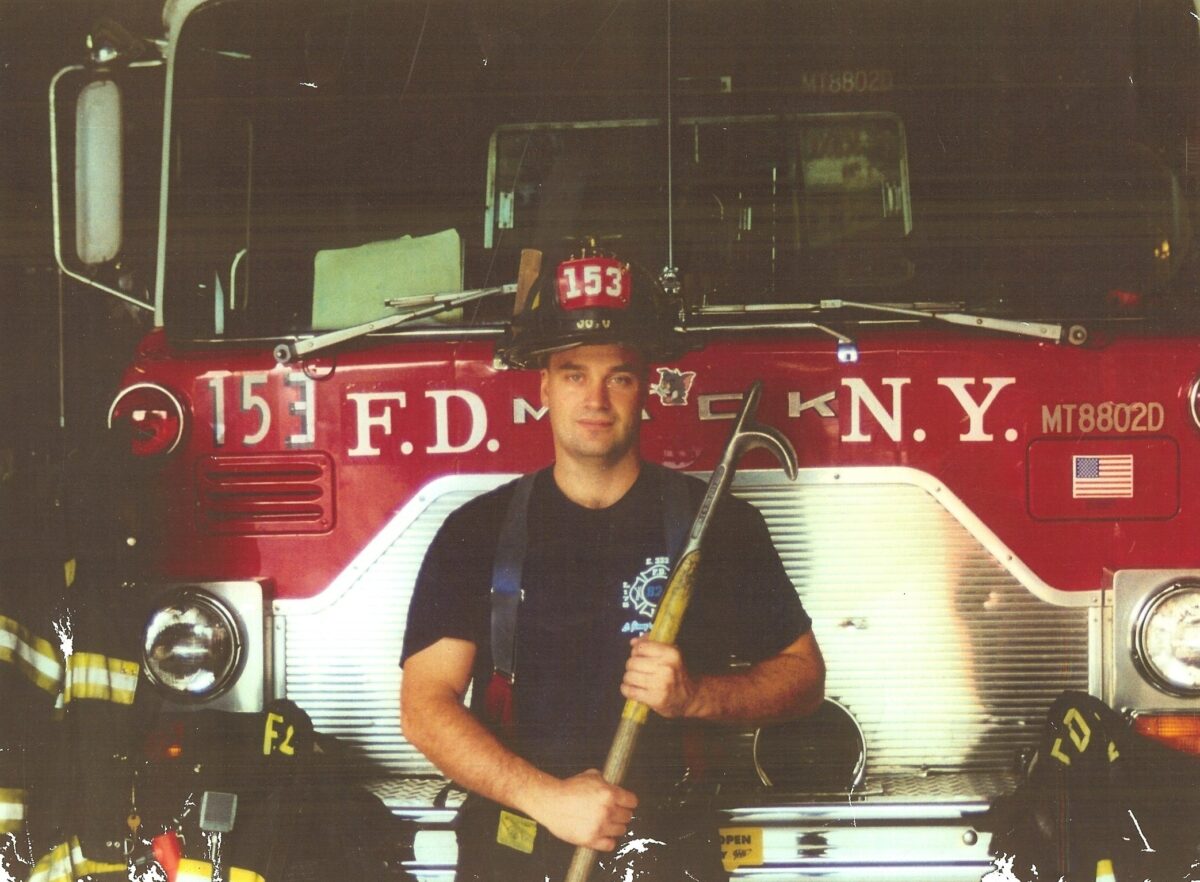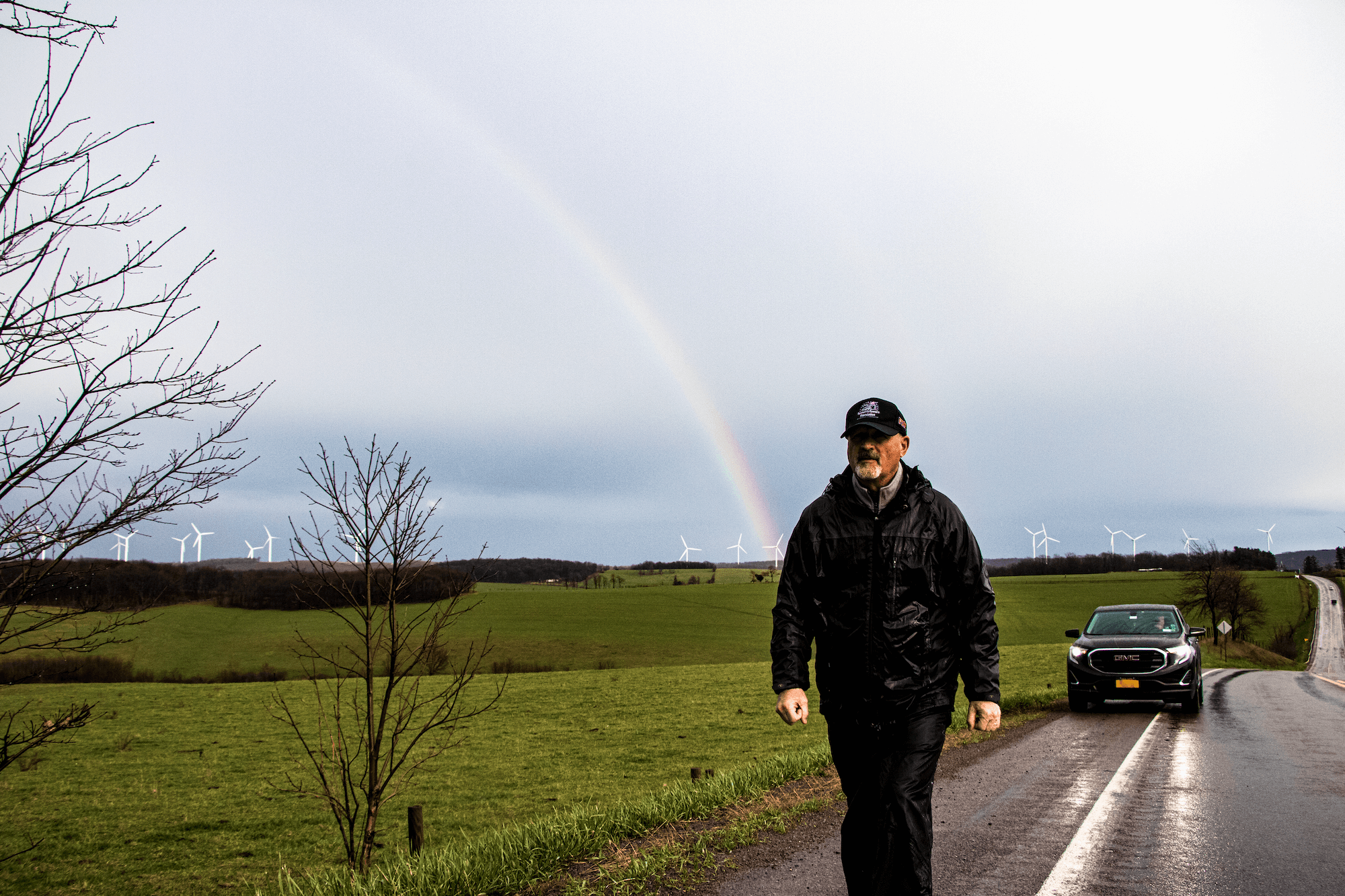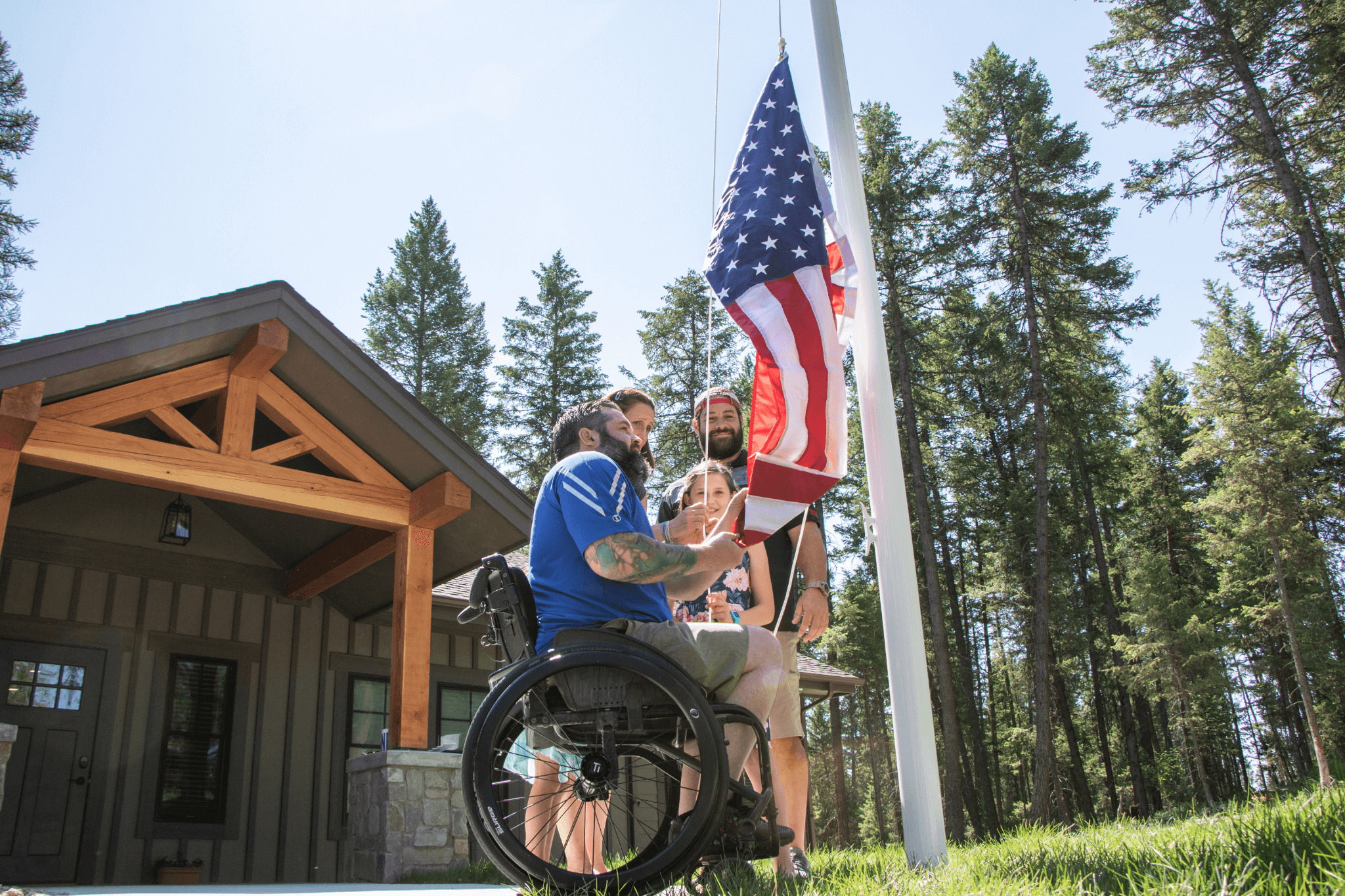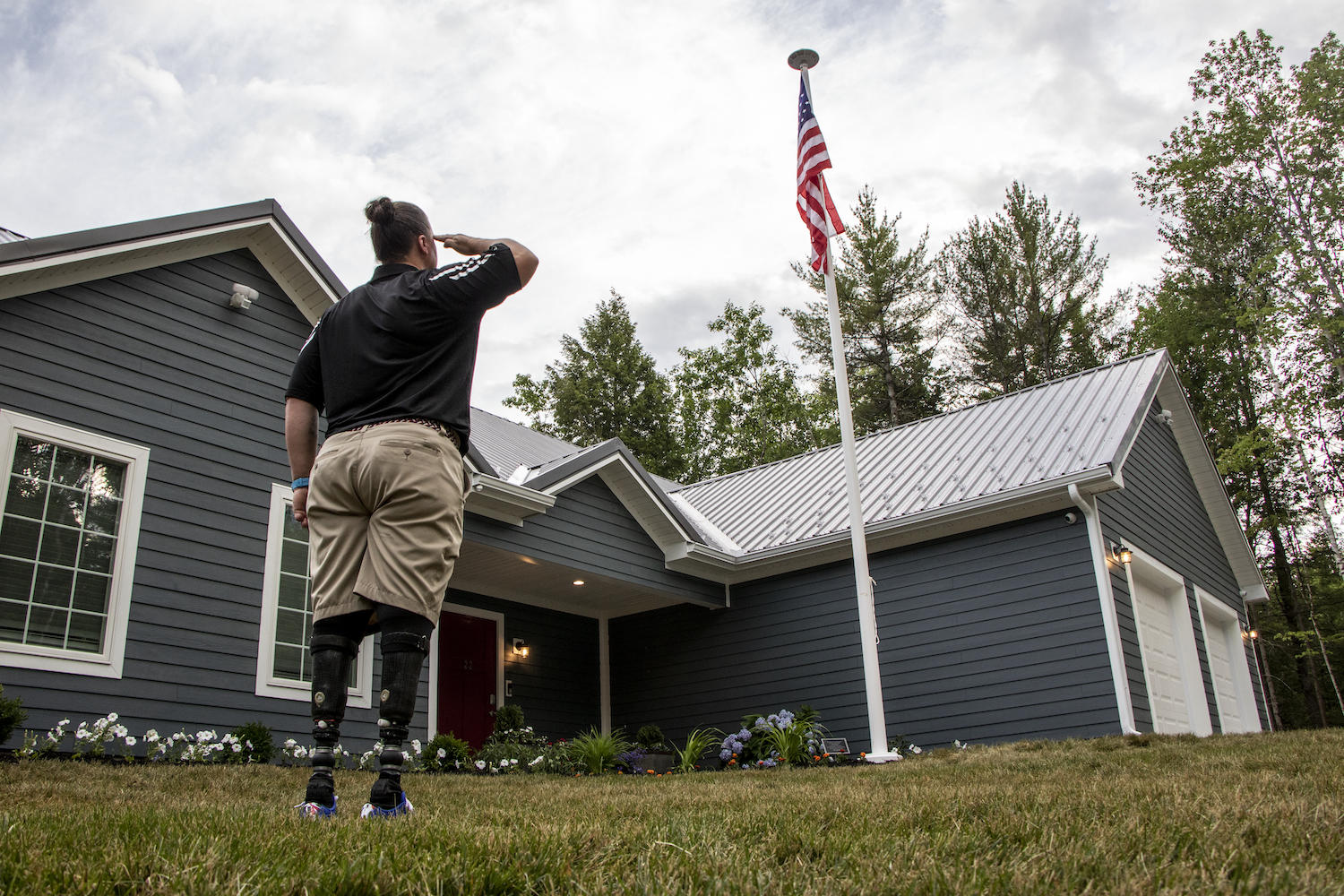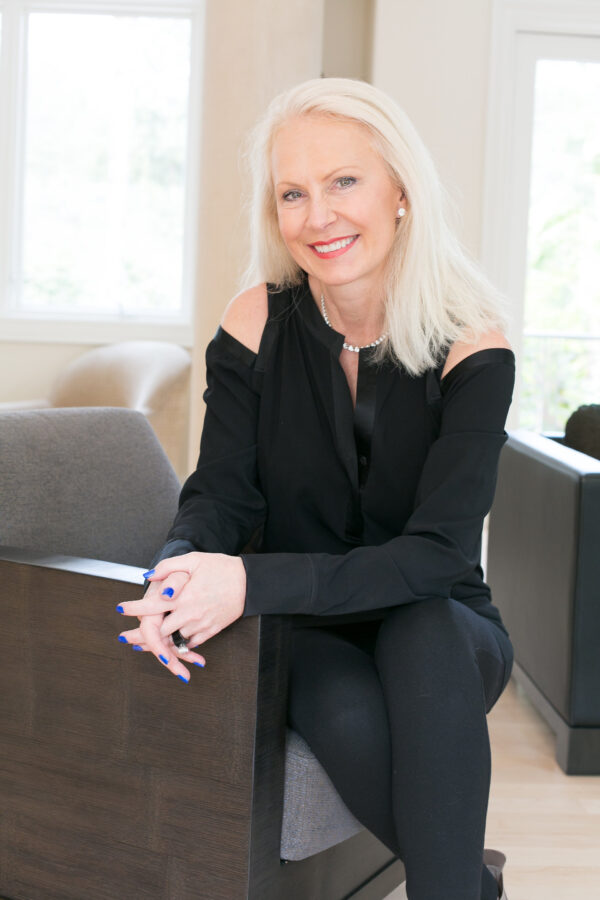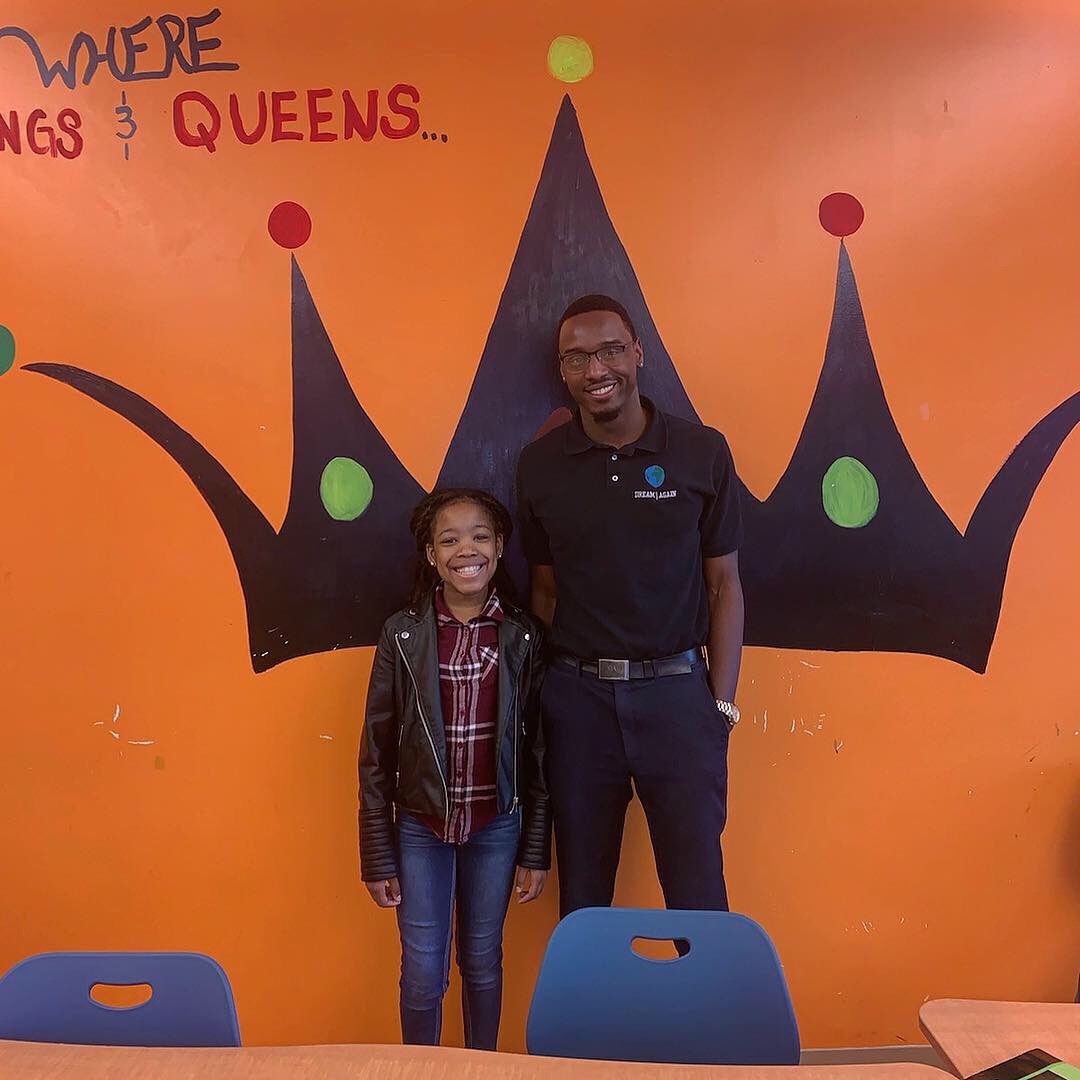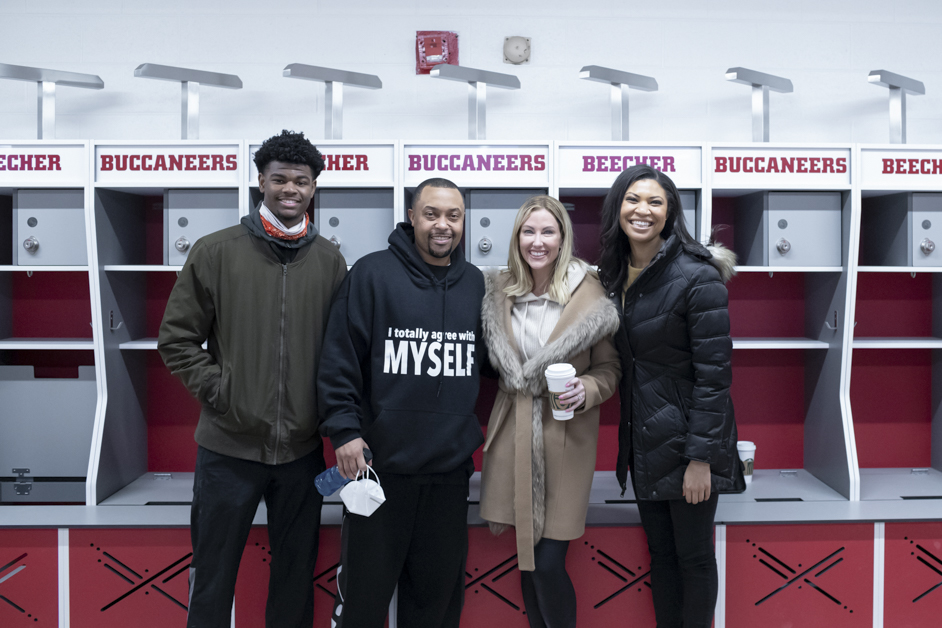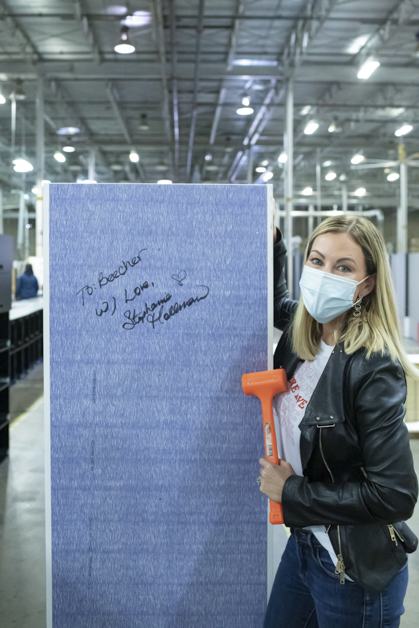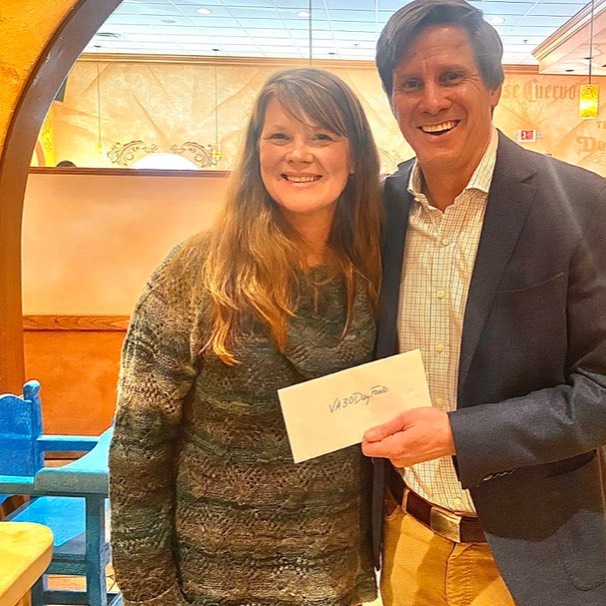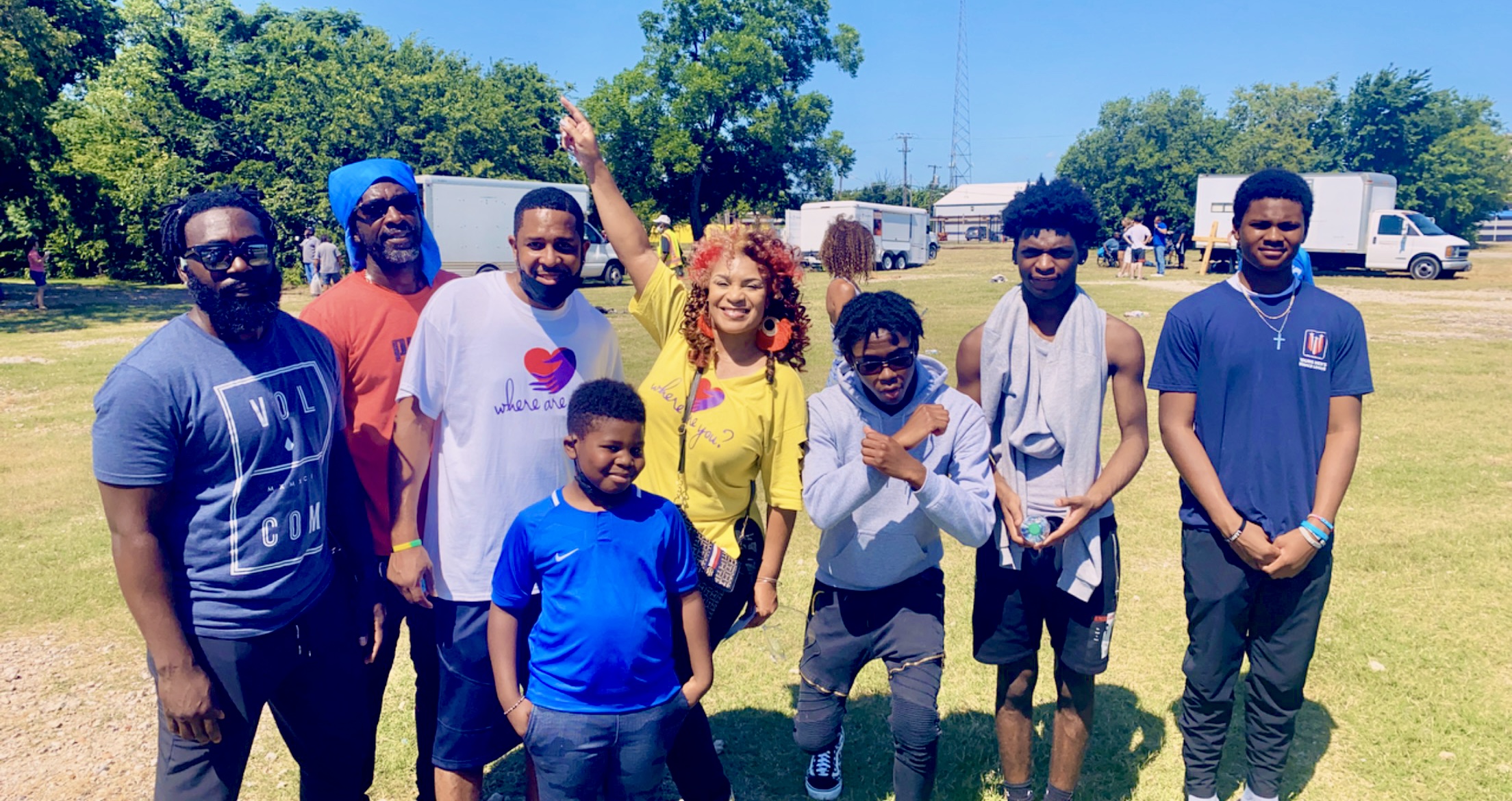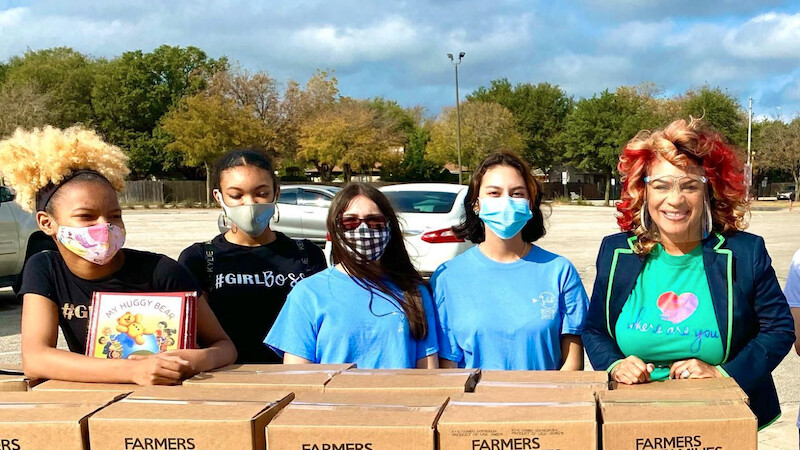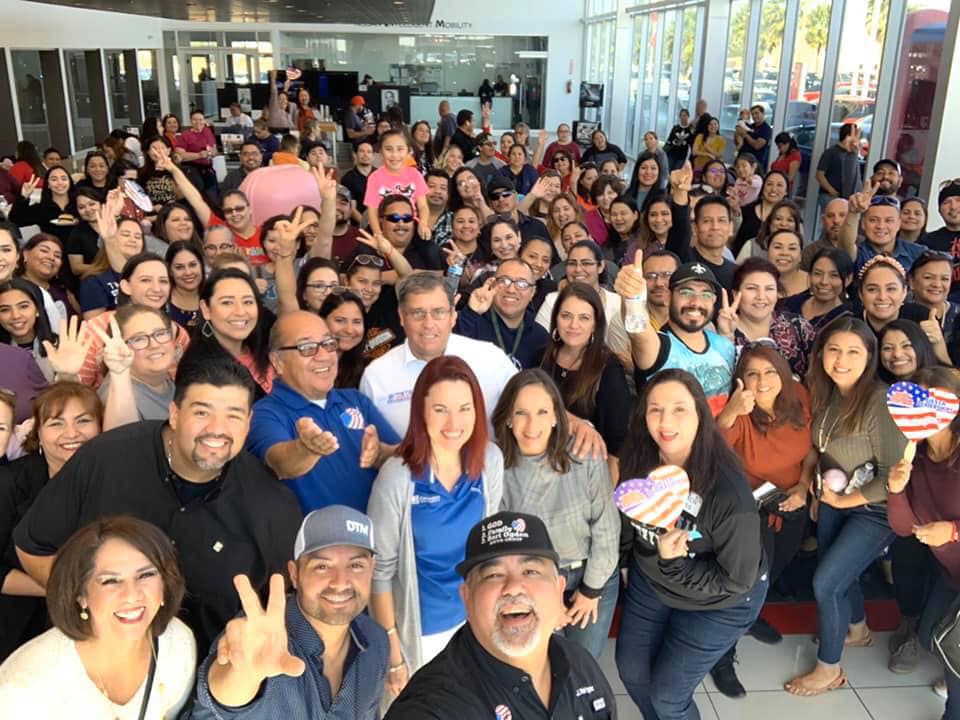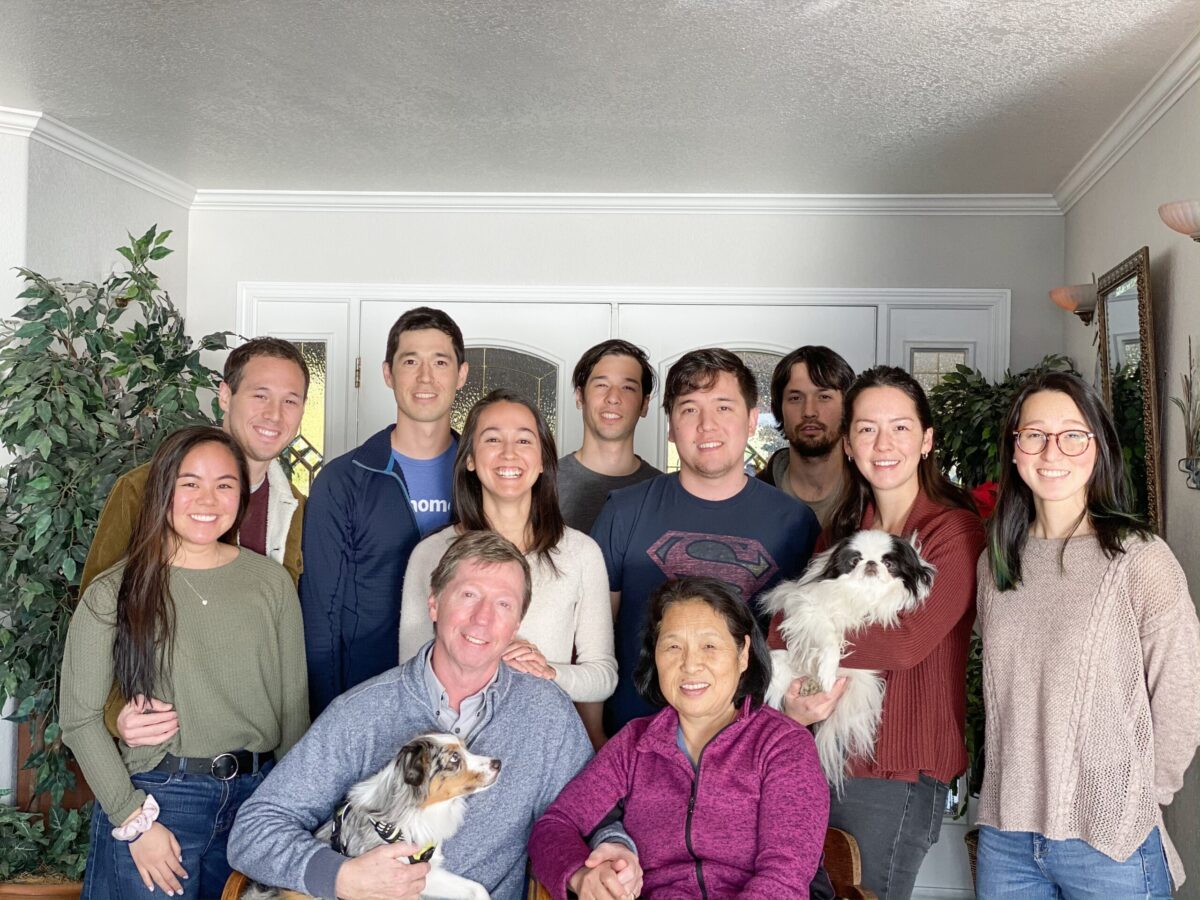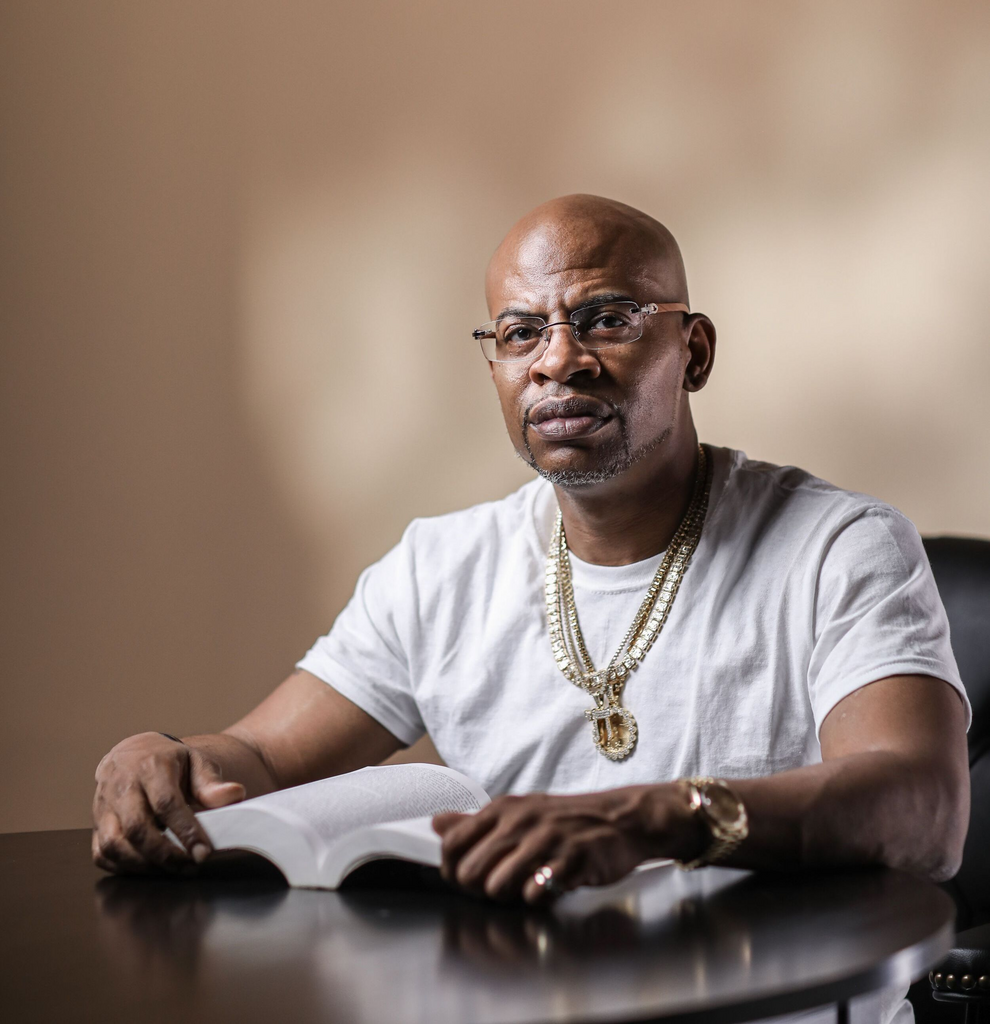
Wrongly convicted and incarcerated at the age of 14, John Bunn has endured many struggles from a young age. Born and raised in Brownsville, New York City, to a single mother of three, Bunn had to learn to fend for himself without much guidance. Having lost his father before he was born, he spent the majority of his teenage life without the support of any male figures.
“In the environment I grew up in, the males would come around to exploit, not to come around with love and affection,” he said.
‘I Grew Up in Prison’
Bunn was forced to spend 17 years of his life behind bars, in an environment devoid of sympathy.
“It was predator-prey. If they [prisoners] felt you got a weakness, they took advantage of you,” he said.
He spent a further 10 years on parole, fighting for his innocence.
Before he was arrested and taken into prison, Bunn struggled with illiteracy; which only escalated while he was incarcerated.
“When they had me on trial, they told me to write down any questions I had. I couldn’t write down anything. I didn’t know how to express myself. That was the most trapped and embarrassing feeling you can ever imagine,” he said, breaking into a sob.
With the help of teachers, he finally learned how to read and write by the age of 16. It changed the course of his life.
“It made me stronger. It made me feel like I could fight for my life,” he said. Learning how to read and write is what drove Bunn to later go on to become a facilitator of an anger management program while in prison. From there, he met many other young men struggling with the challenges of illiteracy. “And I would talk to them about my illiteracy issues. And I told them that this was not something to be ashamed of,” he said.
The Unheard
Today, Bunn is the founder of AVoice4TheUnheard.org and helps bring positivity into communities, schools, houses, and prisons of New York City.
Meeting other young men struggling with illiteracy was the driving point that led him to found his literacy program after being exonerated.
In 2017, it initially started as a book drive aimed at refurbishing the libraries at Rikers Island and providing under-resourced communities with educational literature, according to the program website.
Today, the program also offers roleplaying activities to at-risk youth where they’re tasked with group interactions. “We put individuals in real-life scenarios and give them the option to put themselves in other people’s shoes. We try to make them think before making decisions. This is what we call consequential thinking,” Bunn said.
Finding His Passion
The program began during Bunn’s nearly 12 years on parole.
“It [parole] put my life in a limbo state. I knew I was innocent. Everybody knew I was innocent. And that’s what I was fighting for,” he said. While still waiting for a final decision to be made on his conviction, Bunn channeled that restlessness into something positive.
“I needed to put my energy into something more progressive,” he said. “A voice for the unheard—I don’t even know when it became the whole phrase, but it always represented me and what I felt inside my spirit.”
After suffering many setbacks and losing out on the prime years of his life while stuck in prison, Bunn refocused his attention on helping others who may be at risk of getting ensnared in the prison system.
“Where I come from,” Bunn said, “we don’t have too many role models. So my message is, if you don’t have anybody to show you the way, you make your own way. Don’t let that be the reason to discourage you from going forward. And that’s what I stand for. And that’s what we stand for.”
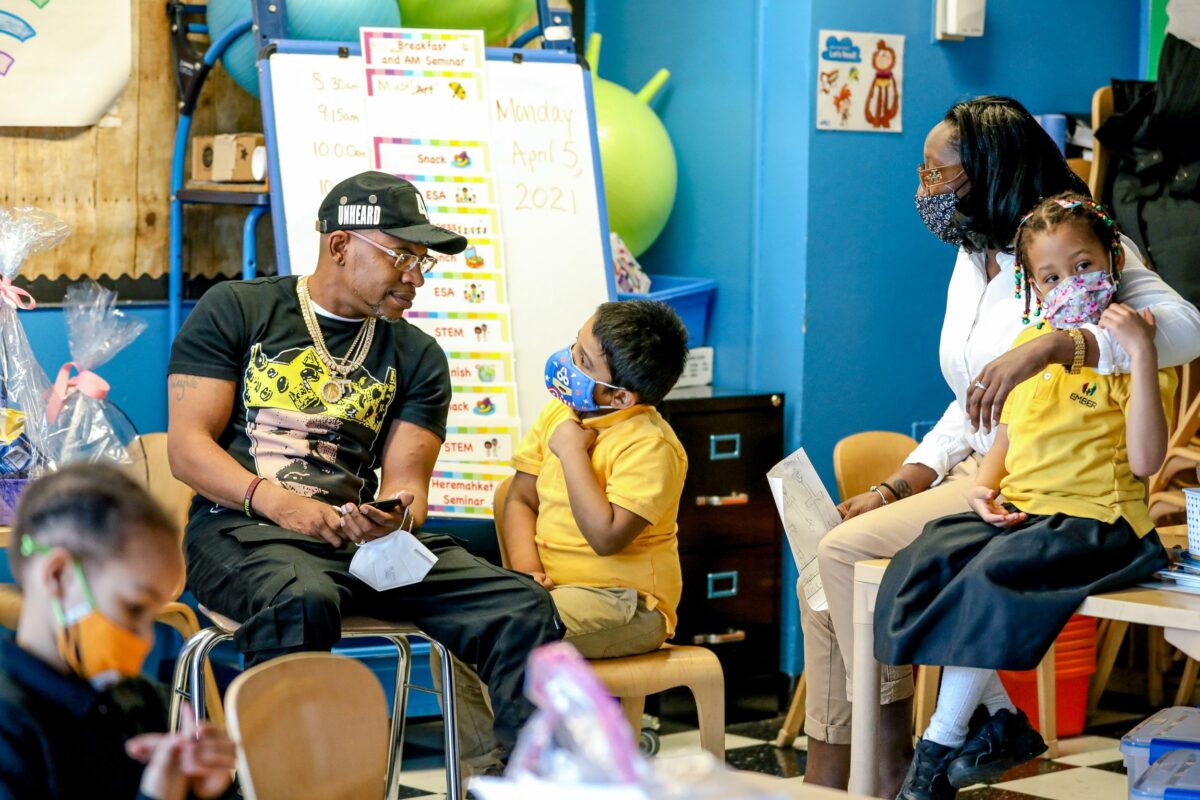
Making Positivity Cool for Kids
Part of Bunn’s mission is passing his positivity on to others. “The greatest champions have to go through adversities for them to have the empathy to deal with the world from a different perspective,” Bunn said.
“Our main message is about making positivity cool,” he tells me about his organization. He said that in today’s world, children are vulnerable to absorbing harmful messages from the media they consume. A lot of music nowadays romanticizes being tough, drugs, skipping school, and gang culture. But “that’s not real life,” Bunn says. His organization advocates for changing this narrative so that kids begin associating positivity with coolness.
A Voice 4 the Unheard not only provides prisons and schools with an abundance of literature but also offers numerous resources and networking opportunities to young people and children from underprivileged backgrounds.
“There’s a lack of resources in these communities, and we want to open them up to other resources that they may not know we have available today,” Bunn said. One of the ways the organization is working to bring resources closer to disadvantaged students is by building a network with other nonprofits and educational groups.
George Garber, who works alongside Bunn as one of the core members of the organization, says, “We’re working on creating a student portal on our website where kids could go and connect with other local nonprofits to fulfill their passions, whether that would be music, poetry, art, or the environment.”
The team has many future projects in mind, such as building a kids’ center to provide students with a safe physical location to study and access certain educational materials that may not be readily available in their immediate communities.
“A safe place where they can feel like it’s cool to learn at,” Bunn said.

